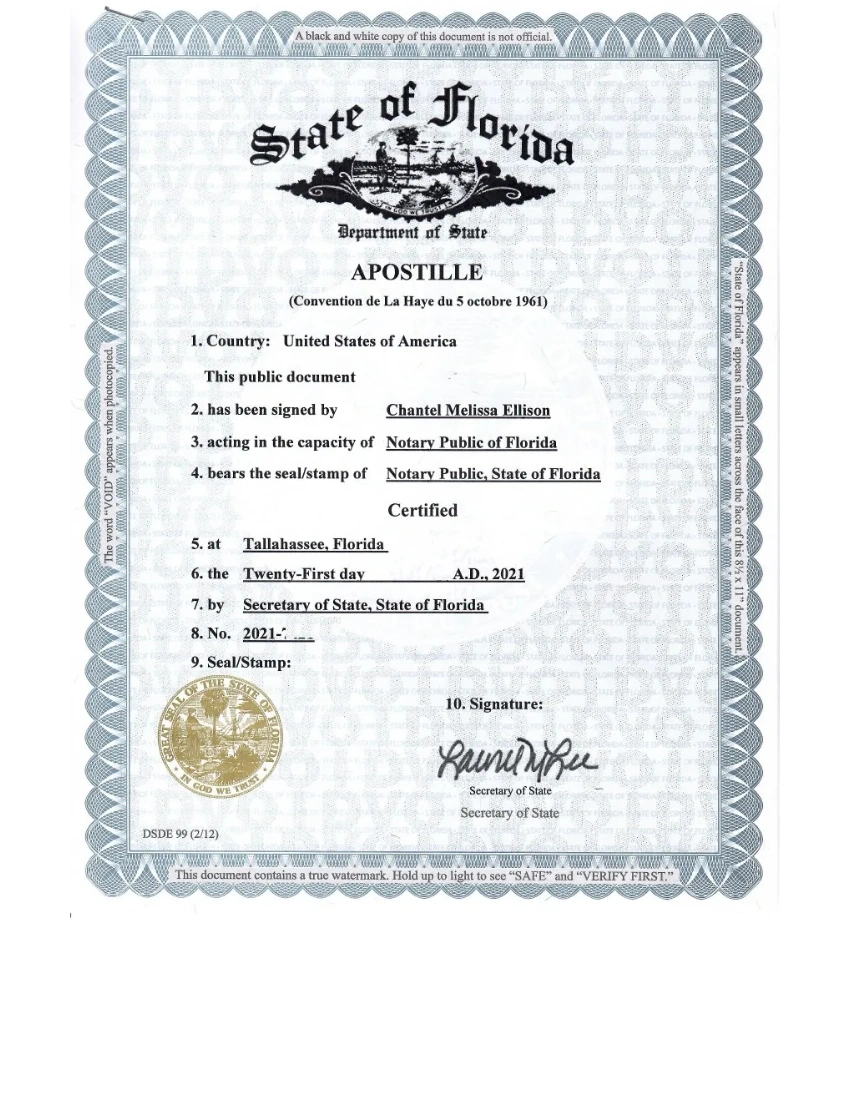Houston Texas Apostille Service: Your Course to International Acknowledgment
Houston Texas Apostille Service: Your Course to International Acknowledgment
Blog Article
Exploring the Factors Behind the Obligatory Demand of Apostille Qualification for Legal Documents
In the world of lawful documents, the required need of apostille qualification has actually ended up being an essential aspect that significantly impacts the validity and acknowledgment of lawful papers on a worldwide scale. Understanding the reasoning behind this requirement involves delving right into the detailed web of legal complexities, historical precedents, and global arrangements that emphasize the value of apostille accreditation in today's interconnected world. By exploring the underlying reasons behind this prevalent demand, a clearer image arises of why this seemingly bureaucratic process holds such tremendous relevance for organizations, federal governments, and individuals alike.
Historic Development of Apostille Certification
Just how did the concept of apostille qualification progress in time to become a crucial part of international paper validation? The historical advancement of apostille accreditation go back to the very early 20th century. The need for a streamlined approach of verifying records for use throughout borders emerged as global trade and travel raised. In reaction to this requirement, the Hague Conference on Personal International Regulation presented the Apostille Convention in 1961. This international treaty established a structured process for accrediting the credibility of files to be identified in member countries.
At first embraced by a couple of European countries, the Apostille Convention progressively gained global acceptance because of its performance and effectiveness in verifying the legitimacy of official papers. Over the years, the convention's reach broadened as even more nations signed up with, identifying the apostille as a globally approved kind of record verification. Today, apostille qualification has actually become a basic demand for validating legal papers in international purchases, ensuring smooth interaction and lawful process in between countries.
Simplifying International Record Legalization
The streamlining of global file legalisation treatments has dramatically enhanced effectiveness in cross-border purchases. Simplifying the process of legislating documents for international usage has actually become vital in facilitating swift and seamless deals between countries. One of the vital mechanisms that have actually added to this simplification is the fostering of the Apostille Convention, which provides a standard method for confirming the credibility of records across taking part nations.
By adhering to the Apostille needs, nations consent to recognize each other's public files as valid without the requirement for more legalization. This eliminates the prolonged and commonly difficult process of multiple authentications by different authorities, saving time and resources for companies and people participated in worldwide tasks.

Making Certain File Credibility and Validity
To make sure the credibility and credibility of lawful documents in worldwide transactions, strict confirmation processes are essential. By needing apostille qualification for legal papers, authorities intend to authenticate the origin of records and verify the trademarks of people involved.
Additionally, verifying the authenticity of legal records through apostille accreditation improves trust and confidence amongst events engaging in international deals. It supplies guarantee that the documents provided are real and legitimately binding, thereby decreasing the dangers connected with deceitful tasks. In addition, making sure paper validity via apostille certification simplifies the legalization process, making it much more effective and dependable for people and companies carrying out organization throughout boundaries. Eventually, by maintaining stringent confirmation requirements, apostille accreditation adds to a much more transparent and secure global lawful structure.

Helping With Cross-Border Legal Recognition
In the world of global transactions, the apostille qualification not just ensures the credibility and legitimacy of legal documents but additionally plays an essential function in helping with cross-border lawful acknowledgment (Houston Apostille). When legal papers birth an apostille certificate, they are easily accepted by international authorities without the requirement for further confirmation. This streamlined process quickens the recognition of documents in various nations, advertising performance and lowering administrative hurdles in lawful matters that go beyond nationwide borders
Assisting in cross-border legal acknowledgment through apostille qualification promotes trust fund and confidence in the credibility of records exchanged in between countries. This acknowledgment is especially crucial in situations such as international service transactions, fostering processes, or lawful proceedings entailing parties from different territories. By sticking to the requirements established forth by the Apostille Convention, nations accept honor the apostille seals attached to documents from other participant nations, therefore streamlining the procedure of legal acknowledgment across boundaries. Ultimately, the apostille qualification acts as an essential device in advertising seamless worldwide legal teamwork and guaranteeing the smooth procedure of cross-border purchases.
Compliance With International Treaty Specifications
Conformity with worldwide treaty standards linked here is essential for ensuring the consistent application of lawful laws throughout getting involved nations. The Apostille Convention, established in 1961, lays out the demands for the acceptance of public documents amongst member countries.
The Apostille certification, as mandated by the treaty, acts as an assurance of authenticity for records such as birth certifications, marriage licenses, court judgments, and notarized acts. This standardized approach assists protect against scams and guarantees that lawful papers stemming from one member nation are easily accepted in one more. By conforming with global treaty requirements, countries demonstrate their dedication to upholding the principles of transparency, trust fund, and collaboration in lawful matters on a worldwide range.
Conclusion

In the realm of lawful documents, the necessary need of apostille certification has actually ended up being a crucial aspect that considerably affects the legitimacy and acknowledgment of lawful papers on an international scale. Today, apostille qualification has actually become a conventional demand for verifying lawful documents in global purchases, ensuring smooth communication and legal Web Site proceedings between nations.
Furthermore, confirming the credibility of legal papers with apostille accreditation improves depend on and self-confidence amongst celebrations involving in worldwide deals.In the realm of international transactions, the apostille certification not only ensures the credibility and credibility of lawful papers however also plays a pivotal role in facilitating cross-border lawful acknowledgment. By sticking to the requirements set forth by the Apostille Convention, countries agree to honor the apostille seals attached to files from other participant nations, therefore simplifying the procedure of lawful recognition across borders.
Report this page